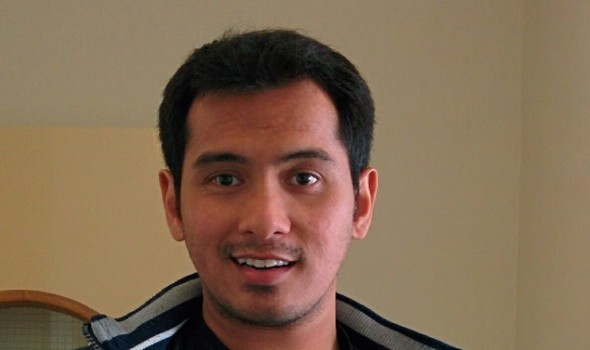Migrants at sea,a human rights issue
Migrants at sea,a human rights issue

Migration is a fact of life. We have always and will always seek better opportunities in life, trying to find well-paid work, new possibilities to better use our skills, and a better living standard, or just for exploration, education or for love. Therefore, we will always look for opportunities to change our lives either by migrating to the nearest town or another country where the place can give us better chances to grow.
However, not all are able to leave their country by choice. Some are forced to take long journeys in search of a safety they do not enjoy at home.
In May, the world was shocked by the news of the Rohingya refugees stranded in the Andaman Sea without food and drink drifting in no specific direction because they had been evicted from their place of residence and were not allowed to land in any of the neighbouring countries such as Malaysia, Thailand, Indonesia and Bangladesh. Furthermore, they were given no special assistance.
Rohingya refugees are a distinct, Muslim ethnic group, the majority of whom live in Myanmar (Burma). There they are subjected to forced labour, have no land rights and are effectively stateless. This has been going on for decades, since 1974 when the Ne Win government officially denied their citizenship in the country but recognised 135 other different ethnic groups. Over the last 3 years, more than 120,000 Rohingya have migrated and 25,000 already migrated in the first quarter of this year based on info from the UN refugee agency.
According to BBC News reports, at first four neighbouring countries were reluctant to accept them and the authorities pushed them out to sea. However, recently, Malaysia and Indonesia has allowed the refugees to land on their shores. 627 individuals were helped by Indonesian fishermen, who stepped in to help. Recent reports claimed a total of 3,200 have landed safely, however at the point of writing, the United Nations estimate that 1,200 people are still stranded at sea and their location remains unknown. The authorities are afraid that soon they will see boats with dead bodies landed on their shore as these people has no food supply on their boats.
As the Rohingya's have been expelled from their country of residence, they are not only travelling the sea route, but also by land. The world was shocked by news of mass graves found at the border of Malaysia and Thailand. According to The Guardian, it is feared that the graves are the Bangladeshi and Rohingya migrants who were at the centre of human trafficking crisis. Malaysian Newspaper reports mentioned that 100 bodies had been discovered in the north of the country, and the authorities believed they are the corpses of the refugees who were detained against their will.
I believe neighbouring countries whether developing or developed must not see this as a crisis in which the arrival of the refugees is seen as a burden on their economy, but it should be viewed as a humanitarian issue which every corner of the world needs to work together to address, including the refugees’ country of origin. Start asking yourself, where’s the humanity when refugees are expelled from the country they were born and raised, because of the political interest in eliminating "unwanted" ethnic groups while this expelled community has nowhere to go because no one wants to help them.
So we should imagine if we were the victims of this situation and there was no shelter or place to go? We are in the era of globalization that is moving towards development and modernization. So how does this happen?
I believe each and every one of us should look at the situation as human beings and start helping those in need.


